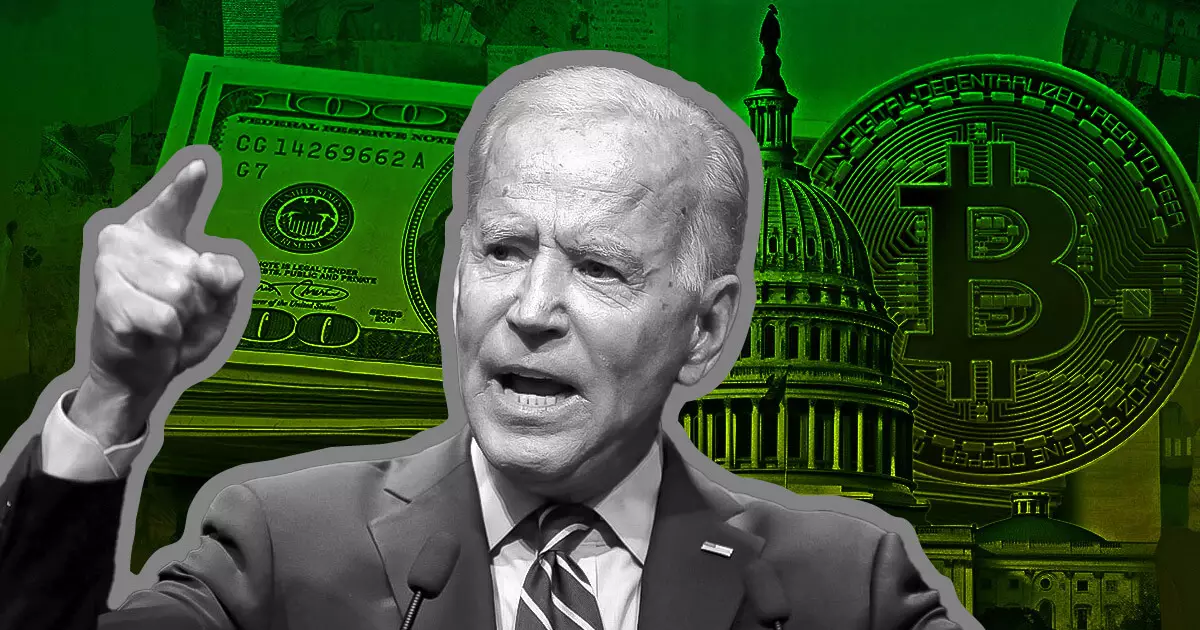President Joe Biden recently vetoed H.J. Res. 109, a move that stirred controversy within the financial and political spheres. The resolution aimed to overturn the SEC’s SAB 121 rule, which has been a subject of heated debate. Biden defended his veto by stating that SAB 121 represents the technical views of SEC staff and plays a crucial role in protecting the public.
While President Biden labeled H.J. Res. 109 as a “Republican-led resolution,” lawmakers supporting the resolution argue that it was a bipartisan effort. However, voting records reveal a dominant Republican support for the bill, indicating a political divide on the issue. This discrepancy in perception has added fuel to the ongoing debate surrounding SAB 121.
Congressman Patrick McHenry, in favor of overturning SAB 121, believes that the rules are overly prohibitive and criticizes the SEC for its lack of transparency in implementing the rule. On the other hand, Democratic senator Elizabeth Warren contends that SAB 121 is not as restrictive as its critics suggest. The American Bankers Association (ABA) acknowledges the restrictive nature of the rules but advocates for modifications rather than a complete overturn.
President Biden’s veto of H.J. Res. 109 leaves the future uncertain in terms of challenges to SAB 121. The lack of direct addressal of key issues by the veto has raised concerns among various stakeholders in the financial sector. The potential for modifications to the rule and further legislative attempts to overturn it remains a topic of speculation.
The controversy surrounding President Biden’s veto of H.J. Res. 109 reflects deeper political and regulatory tensions within the financial industry. While the debate over SAB 121 continues to evolve, it is clear that differing perspectives on the rule’s impact and necessity contribute to the complexity of the issue. Moving forward, collaboration between stakeholders and policymakers will be crucial in finding a balance between regulatory oversight and innovation in the financial sector.

